"Peruvian mangoes, once highly valued, are facing fierce competition due to the strong presence of Brazilian mangoes in Europe, which has caused the Peruvian production to lose some ground. With more affordable logistics and lower transport costs, Brazil is positioning itself as a tough rival, particularly in the European and Canadian markets," says Gabriel Herrera, CEO of the Peruvian company Estco Foods.
Herrera also underlines the complexity of Peru's climate, especially in the north, which has suffered the impact of the El Niño phenomenon. "Water scarcity in the Piura valley forces us to harvest quickly, and this has an impact on the quality and costs," he says. In order to tackle this, the company has diversified its production, setting up fields in Chiclayo, which offers more stable conditions.
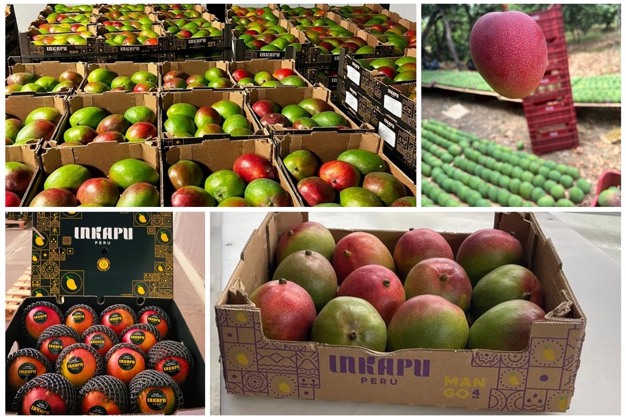
Estco Foods is facing climatic and logistical challenges, and on top of that, prices are also under pressure. According to Herrera, air freight rates have increased due to the high demand for transport for products such as blueberries and asparagus. This, combined with Brazilian competition, "is making it harder for us to sell at a fair price in Europe," he says. As for mangoes, Estco Foods offers airfreight products for $16 FOB, while maritime transport, although less expensive, has a guaranteed minimum price of 3 euros; a low figure compared to previous years.
In the case of lemons, the situation is no less challenging. Mexico, the main competitor in the United States, has saturated the market with a cheaper product. "The price has dropped to 0.78 dollars per packed kilo, a much lower figure than the 1.20 dollars we used to charge," says the CEO. This is taking a toll on the competitiveness of Peruvian lemons. "The European market's demand for large, 54 millimeter calibers represents a challenge, as the Peruvian production does not always meet this standard due to the growing conditions in northern Peru," explains Herrera.
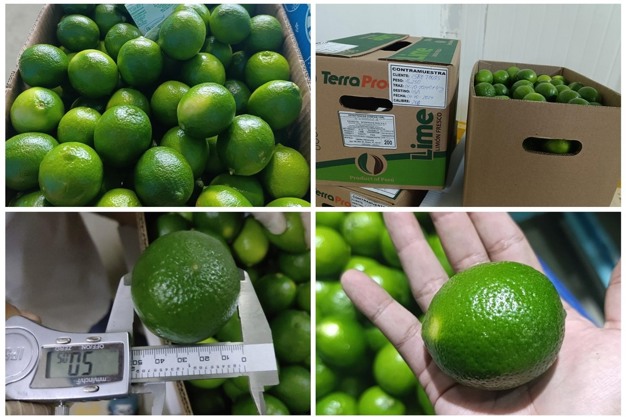
Despite these challenges, Estco Foods maintains a solid relationship with its clients in Europe and America, which has been key to securing sales in times of uncertainty. The prospects is to export at least 120 containers of mangoes and a thousand pallets to France this season, so Herrera expresses a mixture of optimism and caution.
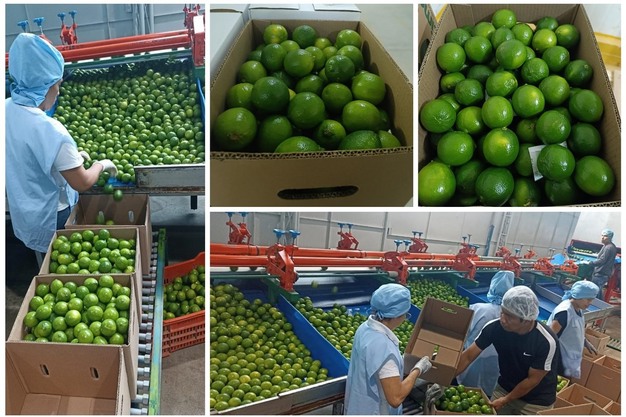
Looking to the future, Estco Foods is betting on technology to become more efficient, with technified irrigation systems and humidity sensors in its Chiclayo fields. Herrera also plans to expand the acreage, anticipating that this investment in technology and irrigation capacity will make up for the price drops and improve the yields in the long term.
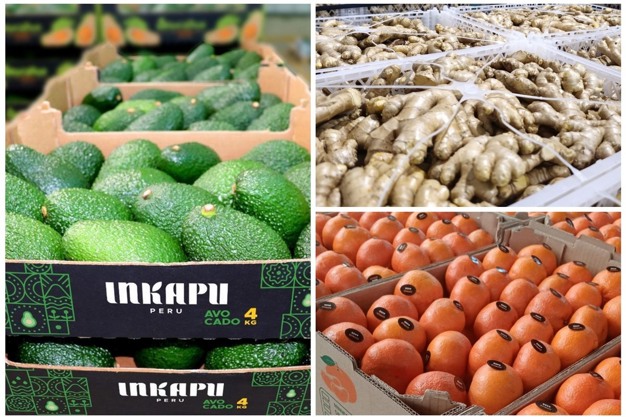
The CEO closes with a strategic and realistic vision. "It will be a challenging year, but with commercial intelligence and alliances, Peruvian mangoes and lemons can make their way into the global market. The key will be to adapt and get the best out of each cultivated hectare."
For more information: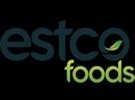 Gabriel Herrera
Gabriel Herrera
Estco Foods
Peru
Tel.: +51 924 127 697
[email protected]
www.estcofoods.com
